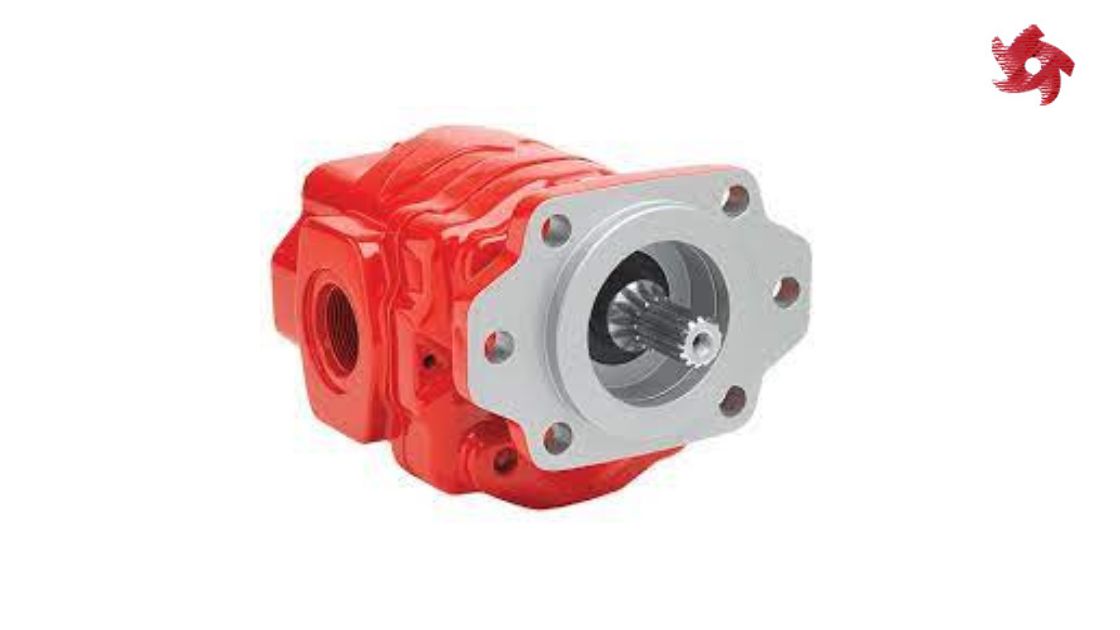Hydraulic Pumps

Hydraulic pumps are devices used to generate fluid flow and create hydraulic power in hydraulic systems. They play a crucial role in various applications, including construction equipment, industrial machinery, automotive systems, and hydraulic power transmission. Hydraulic pumps convert mechanical energy into hydraulic energy by displacing or pressurizing fluid. Here are some common types of hydraulic pumps:
- Gear Pumps: Gear pumps are the most common type of hydraulic pump and operate using intermeshing gears. They are compact, affordable, and provide a continuous, smooth flow of fluid.
- Vane Pumps: Vane pumps use a rotor with sliding vanes that sweep along the inner surface of a cam ring. They are known for their high efficiency, low noise, and ability to handle a wide range of fluid viscosities.
- Piston Pumps: Piston pumps feature reciprocating pistons in a cylinder block. They are capable of high-pressure operation and are commonly used in applications that require precise control, such as in construction and industrial machinery.
- Axial Piston Pumps: Axial piston pumps have a series of pistons arranged in a circular pattern within a cylinder block. They offer high efficiency, high-pressure capabilities, and are often used in demanding applications such as heavy machinery and industrial systems.
- Radial Piston Pumps: Radial piston pumps have pistons arranged radially around a central cam or swash plate. They are capable of delivering high pressures and are often used in heavy-duty hydraulic systems.
- Screw Pumps: Screw pumps use two or more rotating screws to create fluid flow. They are known for their ability to handle high-viscosity fluids and are commonly used in applications such as lubrication systems and oil transfer.
Hydraulic pumps are typically driven by an external power source, such as an electric motor, internal combustion engine, or hydraulic motor. They are often combined with valves, cylinders, and other hydraulic components to create a complete hydraulic system.
Proper selection of a hydraulic pump depends on factors such as flow rate, pressure requirements, fluid viscosity, system compatibility, and specific application needs. Regular maintenance, including monitoring fluid levels, checking for leaks, and replacing worn components, is essential to ensure the efficient operation and longevity of hydraulic pumps.
It is important to follow manufacturer guidelines and recommended practices for installation, operation, and maintenance of hydraulic pumps to ensure their optimal performance and reliability in hydraulic systems.
Related Links
Multiple keywords
pumpmanufacturer, pump, aoddpump, aodd, aoddpumps


